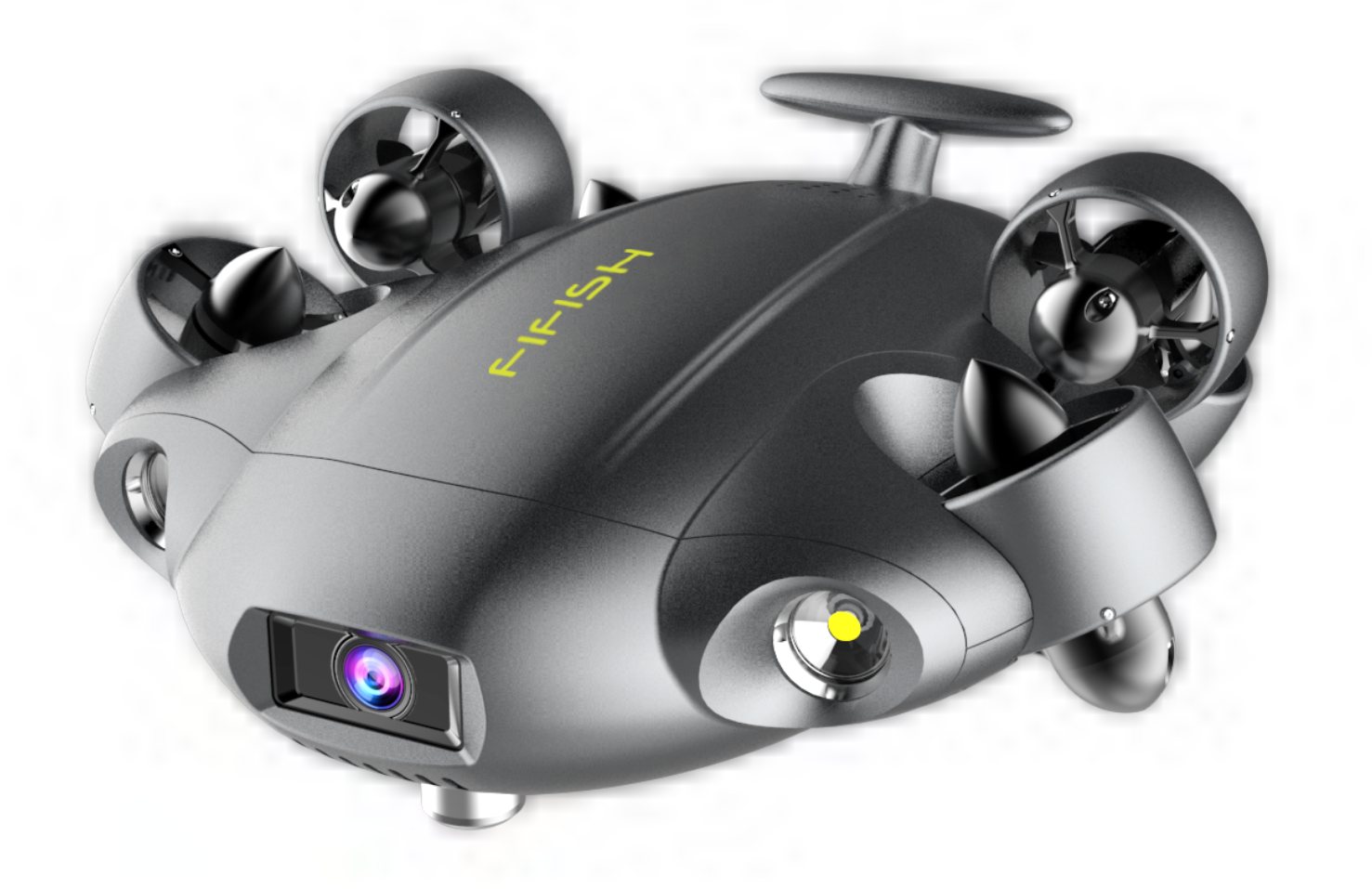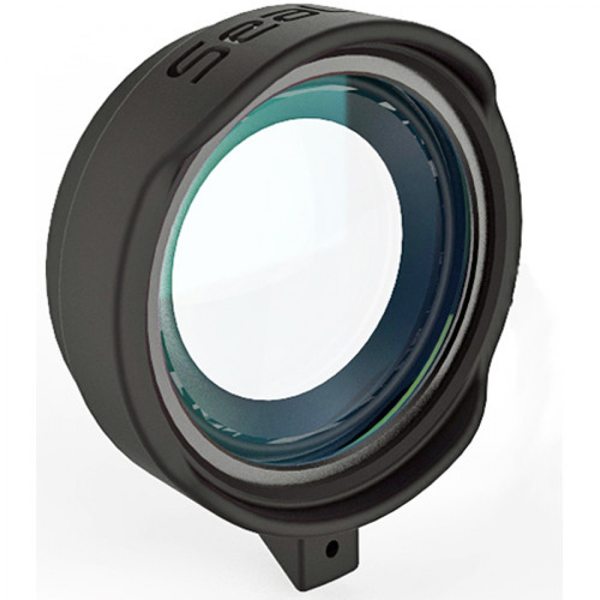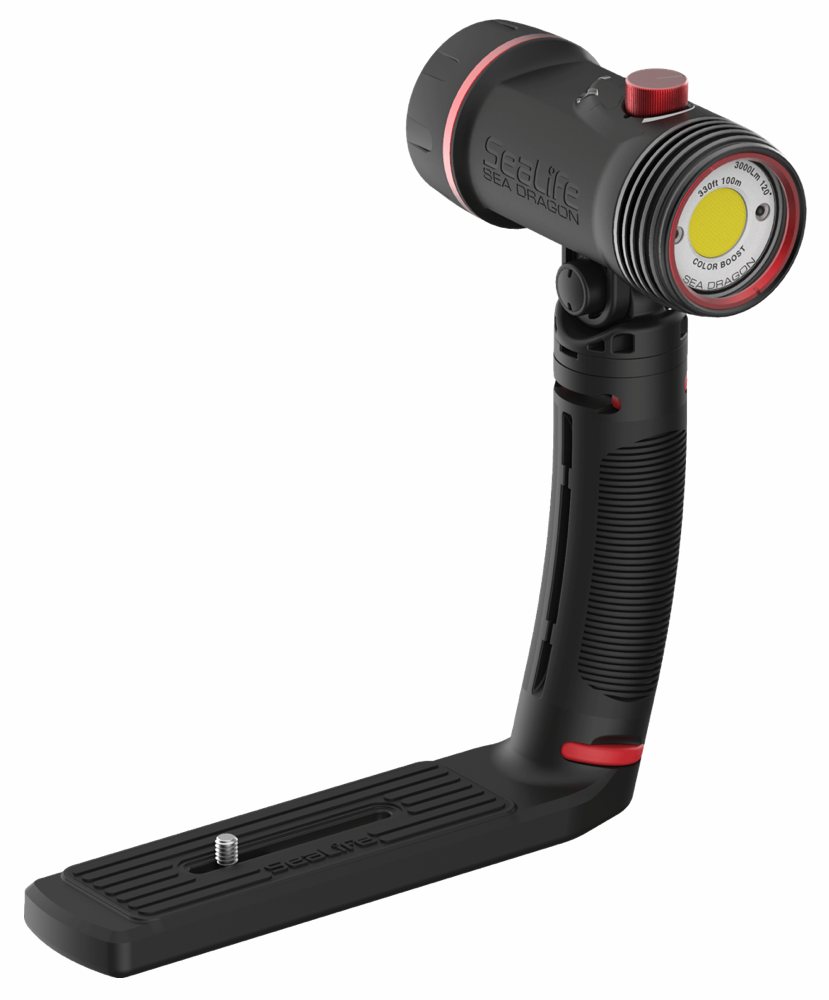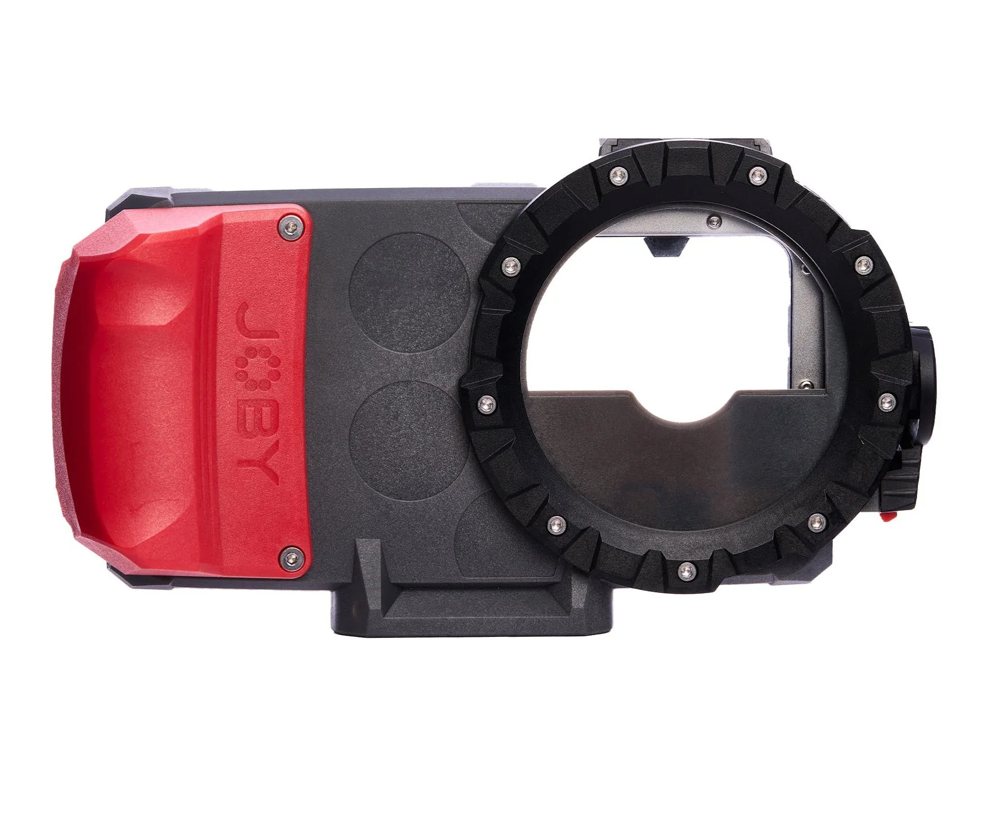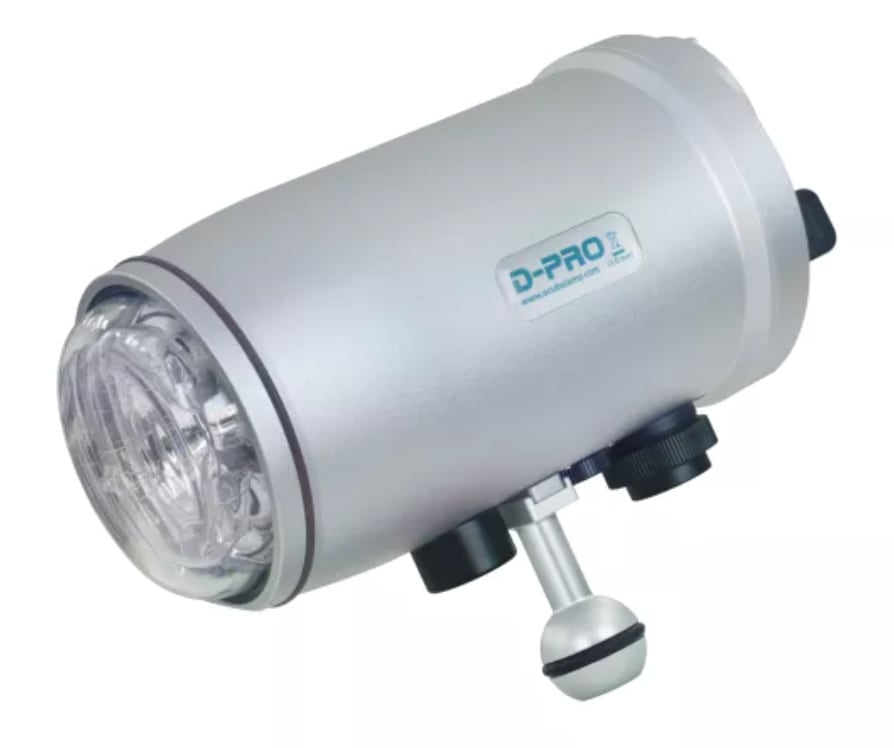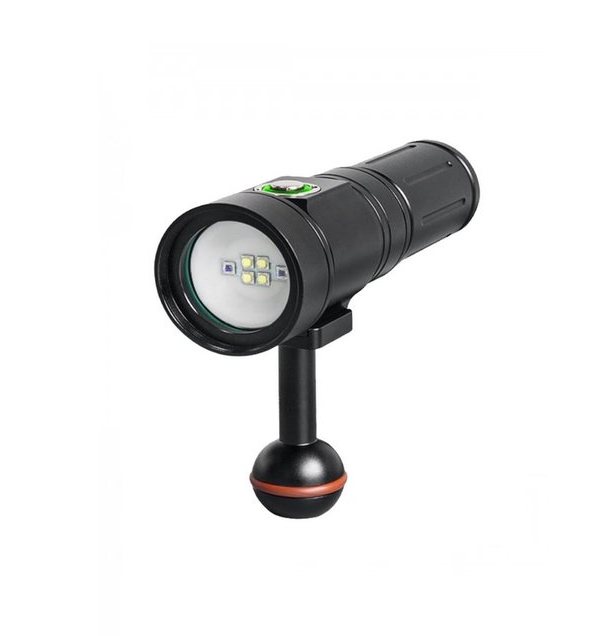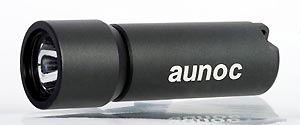- Home
- Directory
- Shop
- Underwater Cameras - Photographic Accessories
- Smartphone Housings
- Sea Scooters
- Hookah Dive Systems
- Underwater Metal Detectors
- Dive Gear
- Dive Accessories
- Diving DVD & Blu-Ray Discs
- Diving Books
- Underwater Drones
- Drones
- Subscriptions - Magazines
- Protective Cases
- Corrective Lenses
- Dive Wear
- Underwater Membership
- Assistive Technology - NDIS
- On Sale
- Underwater Gift Cards
- Underwater Art
- Power Stations
- Underwater Bargain Bin
- Brands
- 10bar
- AOI
- AquaTech
- AxisGo
- Backscatter Underwater Video and Photo
- BLU3
- Cayago
- Chasing
- Cinebags
- Digipower
- DJI
- Dyron
- Edge Smart Drive
- Eneloop
- Energizer
- Exotech Innovations
- Fantasea
- Fotocore
- Garmin
- Geneinno
- GoPro
- Hagul
- Hydro Sapiens
- Hydrotac
- Ikelite
- Indigo Industries
- Inon
- Insta360
- Intova
- Isotta Housings
- Jobe
- JOBY
- Kraken Sports
- LEFEET
- Mirage Dive
- Nautica Seascooters
- Nautilus Lifeline
- NautiSmart
- Nitecore
- Nokta Makro
- Oceanic
- Olympus
- OM System
- Orca Torch
- Paralenz
- PowerDive
- QYSEA
- Scubajet
- Scubalamp
- Sea & Sea
- SeaDoo Seascooter
- SeaLife
- Seavu
- Shark Shield
- Sherwood Scuba
- Spare Air
- StickTite
- Sublue
- Suunto
- SwellPro
- T-HOUSING
- Tusa
- U.N Photographics
- Venture Heat
- XTAR
- Yamaha Seascooter
- Youcan Robot
When Titan's Attack - What Every Underwater Photographer Should Know
Contributed by JasonH
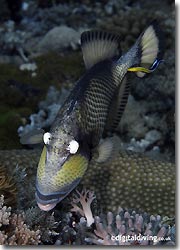 Most
underwater photographers who have spent any time in the Indo Pacific have come
across the very photogenic Titan Triggerfish. Most of us have heard the stories
of Titan Triggerfish attacking divers, ramming and biting, and sometimes requiring
medical attention. There is some irony in the fact that most non-divers (and
unfortunately, many divers as well) have unwarranted fears about sharks or barracudas,
but would more than likely approach a Titan Triggerfish without a second thought.
Most
underwater photographers who have spent any time in the Indo Pacific have come
across the very photogenic Titan Triggerfish. Most of us have heard the stories
of Titan Triggerfish attacking divers, ramming and biting, and sometimes requiring
medical attention. There is some irony in the fact that most non-divers (and
unfortunately, many divers as well) have unwarranted fears about sharks or barracudas,
but would more than likely approach a Titan Triggerfish without a second thought.
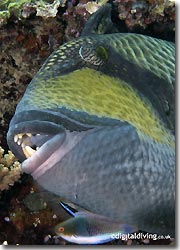 While
not always aggressive and on the attack, these highly territorial fish are no
joke and are to be taken seriously. So when we received an email from underwater
photographer David Henshaw with images from a recent Trigger attack in The Philippines,
we decided that it was important to make sure that all of our readers understood
more about the Titan Triggerfish, and their behavior.
While
not always aggressive and on the attack, these highly territorial fish are no
joke and are to be taken seriously. So when we received an email from underwater
photographer David Henshaw with images from a recent Trigger attack in The Philippines,
we decided that it was important to make sure that all of our readers understood
more about the Titan Triggerfish, and their behavior.
About The Titan Triggerfish
The Titan Triggerfish (scientific name - Balistoides viridescens) is the largest of the Triggerfish family, ranging from approximately 15 - 30 inches. Their bodies have patterns of green, yellow, purple and gray, with black fin tips. They are indeed very photogenic. Titans feed on hard coral, crustaceans and invertebrates, using a set of specialized teeth that are clearly designed for these food sources. The Titans have independently rotating eye sockets, but apparently have poor vision, possibly adding to their territorial nature.
Titan Behavior
Ordinarily you will encounter a solitary Titan. Like most reef fish, they are
active during the day and will tuck themselves into the reef to sleep at night.
Understanding their nesting behavior and territorial nature is important for
minimizing problematic encounters.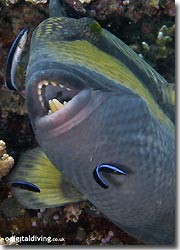
While it is commonly cited that Titans only attack while protecting their nests, this may not be true, as many incidents indicate aggression against territorial intruders even during non-nesting seasons. Titans nest in the sand adjacent to or within the corals. They will protect these nests with a rigor that is rarely seen from other species. The "danger zone" is a cone shaped area directly above the nest, all the way to the surface. So if you invade a Titan's nesting zone, which more often than not you will do unintentionally, and find yourself with an aggressive male chomping at your fins and ramming you, ascending will not stop the Titan from defending its turf. You must swim horizontally away from this zone. Try to keep your eyes on the Titan at all times, which is easier said than done, as these fish dart about in spurts of intense speed. Keep your camera or fins between you and the fish if at all possible. Better to have a hole or in fins than your body! Hardcore photographers would say to make sure you get the shot while evading attack, but we will be responsible and recommend focusing on not being harmed.
Birget "Biggs" Eggert, tells of her encounter on Apo Island:
"I was bitten by a Trigger which took 2x1 cm of my inner and outer lip
muscle and nerves. Yes, absolutely crazy. He came out of nowhere without any
warning in 15ft / 5 meters of water while I'm doing my safety stop... guess
I must have been above his nest or he just does not like my face and bubbles."

Fortunately, Birget is ok. The wound was initially stitched up, but required two hours of plastic surgery afterwards. In good spirits she joked that after the plastic surgery "they fixed everything and I felt like Angelina Jolie except I'm still waiting for Brad Pitt to visit me"
Titans Are Not Evil
Not all Titans will attack to protect their territory. Often you will just be charged at aggressively and subsequently escorted out of the nesting zone by an agitated pit-bull with scales. And remember - you are not really being "attacked", the Titan is defending its territory, which you (unknowingly) invaded. Don't blame the Titan.
Text written and supplied by Jason Heller, DivePhotoGuide / Images by Debi Henshaw, DigitalDiving.
Shopfront
-
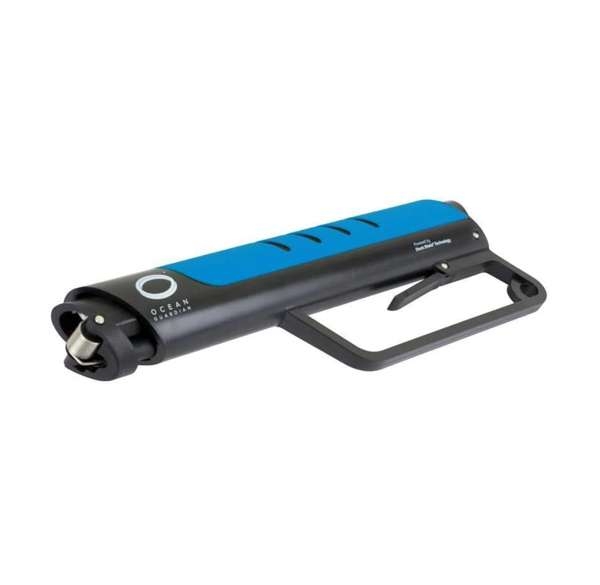 Ocean Guardian eSPEAR - Shark Shield
Ocean Guardian eSPEAR - Shark Shield
- Price A$ 349.00
-
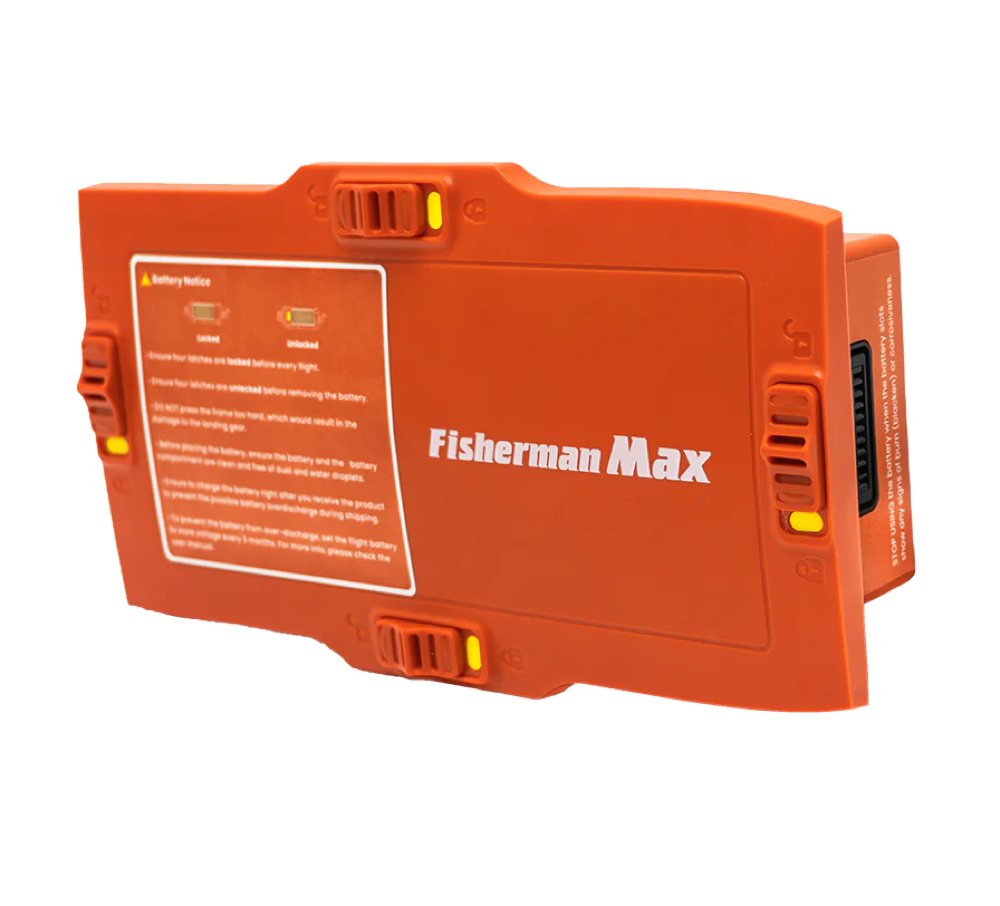 SwellPro Fisherman MAX 4500mAh 6S LiPo Flight Battery
SwellPro Fisherman MAX 4500mAh 6S LiPo Flight Battery
- Price A$ 429.00
-
 Kraken Remote Control RC02
Kraken Remote Control RC02
- Price A$ 379.00
-
 OM System TG-7 Waterproof Tough Camera - Olympus
OM System TG-7 Waterproof Tough Camera - Olympus
- Price A$ 699.00
-
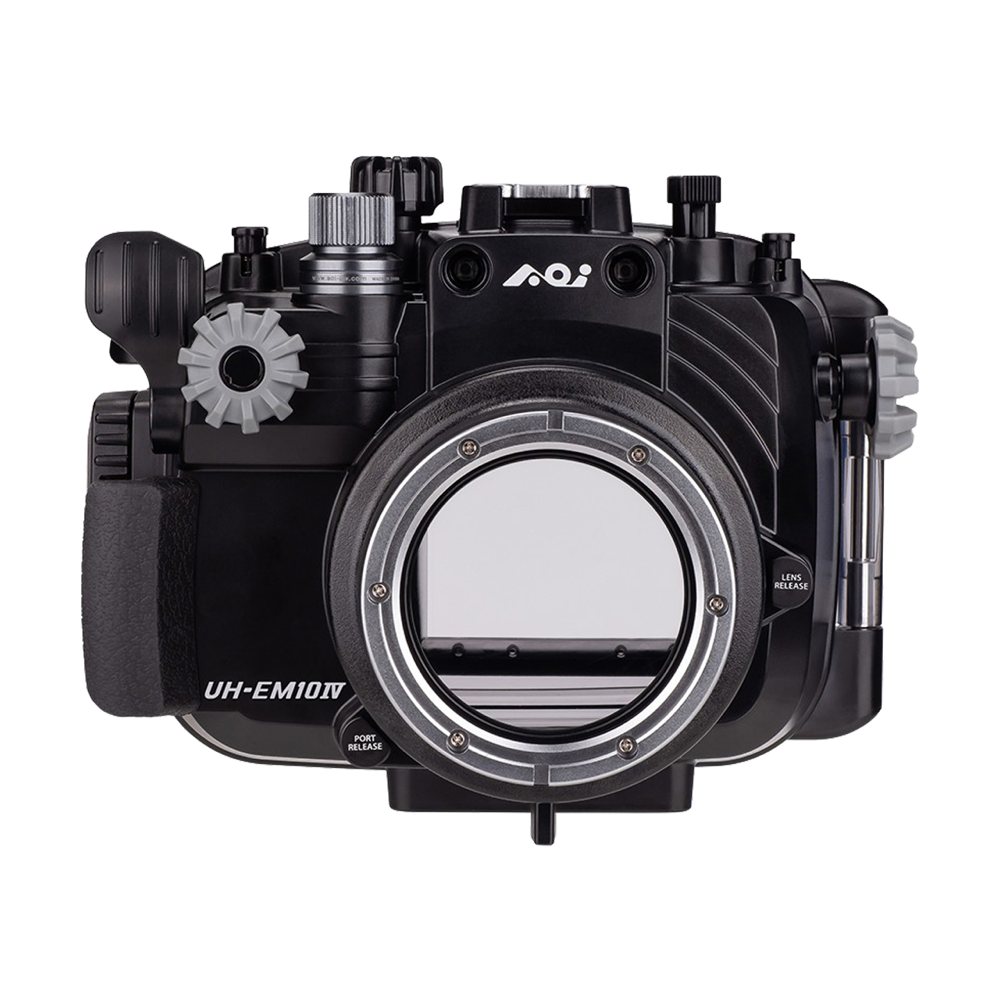 AOI UH-EM10IV Underwater Housing for Olympus EM-10 IV
AOI UH-EM10IV Underwater Housing for Olympus EM-10 IV
- Price A$ 1,189.00
-
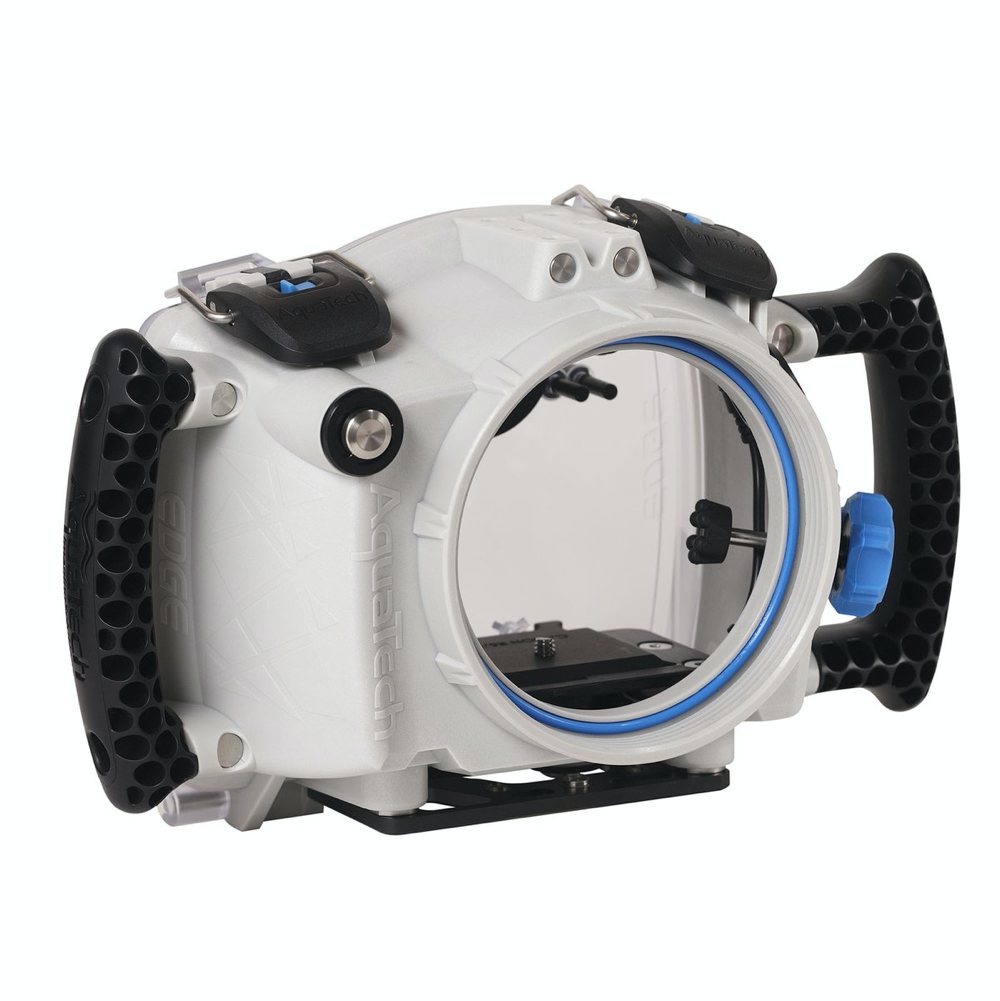 AquaTech EDGE Base Camera Water Housings - Nikon mirrorless
AquaTech EDGE Base Camera Water Housings - Nikon mirrorless
- Price A$ 1,249.00
-
 Backscatter Dual Hybrid Flash Underwater Strobe Bundle with FREE Diffusers - Battery DEAL
Backscatter Dual Hybrid Flash Underwater Strobe Bundle with FREE Diffusers - Battery DEAL
- Price A$ 2,995.00
-
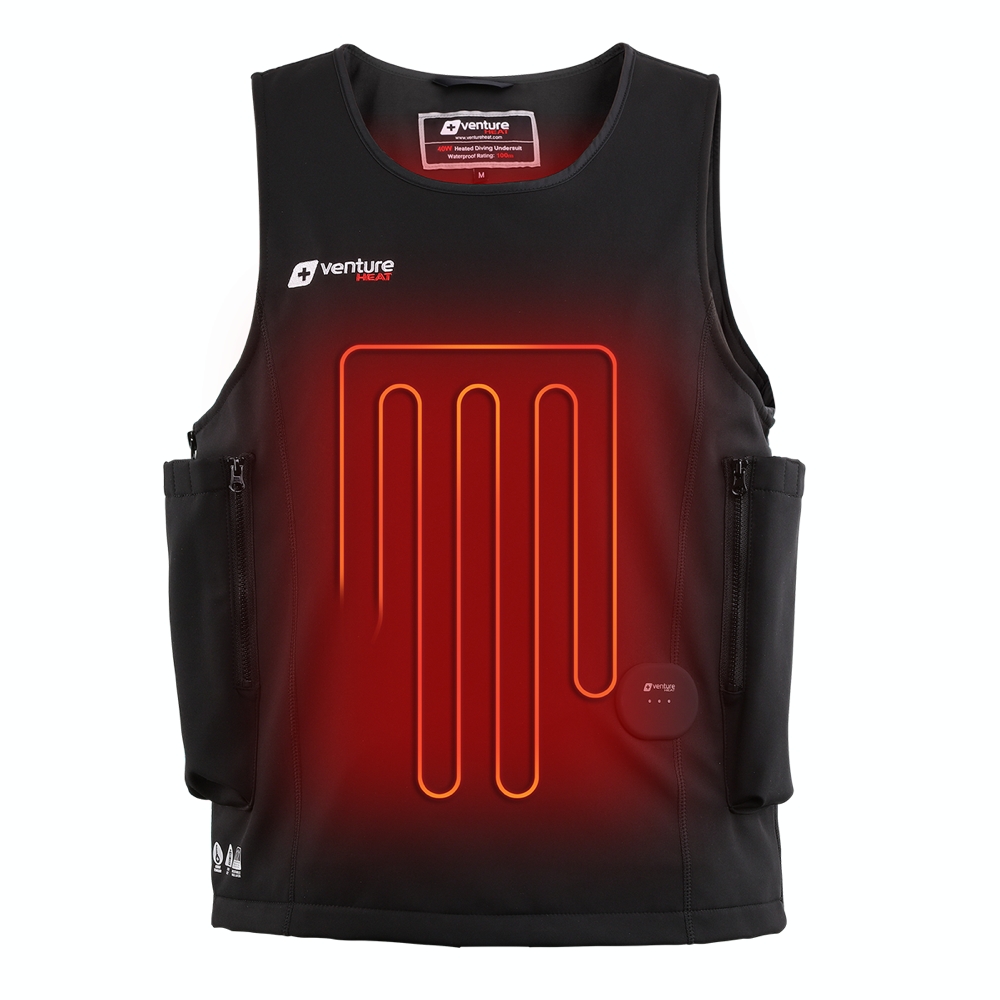 Venture Heat - Pro 32w Dive Vest Kit - V2
Venture Heat - Pro 32w Dive Vest Kit - V2
- Price A$ 1,139.00
In the Directory

 Fantasea Australia
Fantasea Australia
Fantasea Line is an international company that has been involved in diving, water sports and photographic industries for nearly 40 years.
 Wakatobi Dive Resort
Wakatobi Dive Resort
Wakatobi Dive Resort has some of the most pristine reefs in Indonesia at its doorstep. Protected by their Collaborative Reef Conservation Program, Wakatobi is the #1 choice for sophisticated divers.


